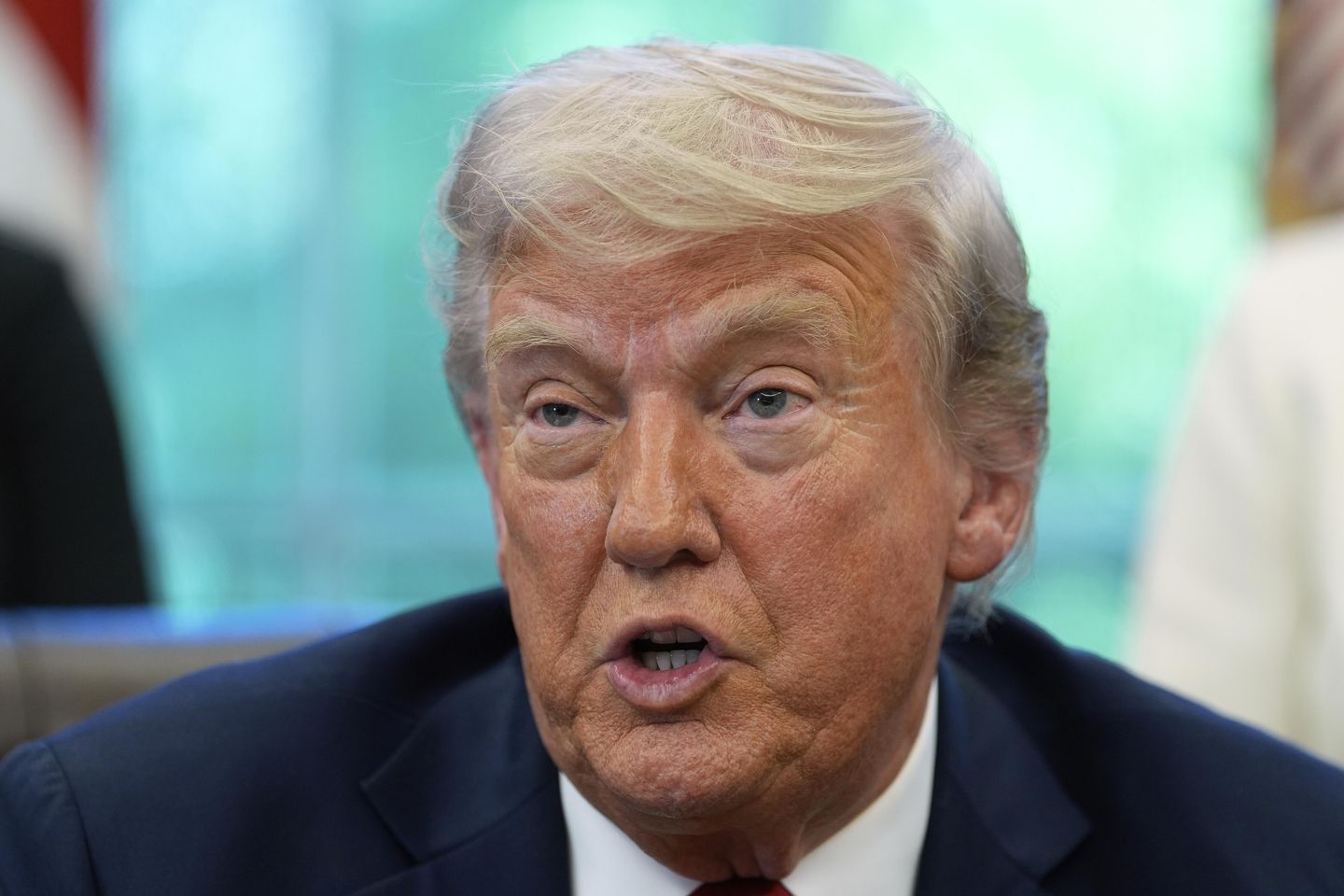
President Trump on Thursday ordered a new set of performance evaluations for federal workers during the probationary period of their employment.
The review will give the federal government more opportunities to fire new employees during the probationary period before they become hard-to-fire tenured civil servants.
As opposed to probationary employees becoming tenured civil servants by default, Rule XI now mandates agencies to affirmatively certify finalizing their appointment after their probationary or trial period concludes advances the public interest.
A probationary employee is usually a recent hire to an agency or a long-serving staffer who was moved around or promoted into a new job. They are put on a “probationary” period that usually lasts for one to two years. However, it can last longer at other departments.
According to the White House, the new rule fulfills the longstanding Merit Systems Protection Board recommendation.
The order also requires that agencies use probationary and trial periods to assess employees’ fitness and alignment with agency needs and the public interest through an individualized review process.
This will require a designee of agency leadership to meet with probationary employees at least 60 days before their probationary period ends to discuss their performance and continued employment.
Additionally, the Office of Personnel Management Director will create an appeals process for probationary terminations in some circumstances and require agencies to identify current probationary employees and designate evaluators within 15 days, ensuring accountability from the outset.
This executive order builds on the president’s longstanding power to create Civil Service Rules to govern probationary periods in the federal government, the White House said.
Mr. Trump encountered stiff pushback from a district court when the Department of Government Efficiency attempted to fire probationary employees at different agencies.
However, the Supreme Court earlier this month blocked the lower court injunction, saying it “was based solely on the allegations of the nine non-profit-organization plaintiffs in this case” and was “presently insufficient to support the organizations’ standing.”
Last month, Mr. Trump signed a presidential memorandum clarifying federal authority to take “suitability” actions against federal employees, ensuring accountability for bad conduct and preventing security risks both before and after appointment to federal service.


![NYC Tourist Helicopter Falls into Hudson River, Siemens Executive and Family Among Those Killed [WATCH]](https://www.right2024.com/wp-content/uploads/2025/04/NYC-Tourist-Helicopter-Falls-into-Hudson-River-Siemens-Executive-and-350x250.jpg)






![Red Sox Fan Makes the ‘Catch of the Day’ with Unconventional ‘Glove’ [WATCH]](https://www.right2024.com/wp-content/uploads/2025/04/Red-Sox-Fan-Makes-the-‘Catch-of-the-Day-with-350x250.jpg)
![Green Day’s Cringe Trump Diss Ends in Fire and Evacuation [WATCH]](https://www.right2024.com/wp-content/uploads/2025/04/Green-Days-Cringe-Trump-Diss-Ends-in-Fire-and-Evacuation-350x250.jpg)






